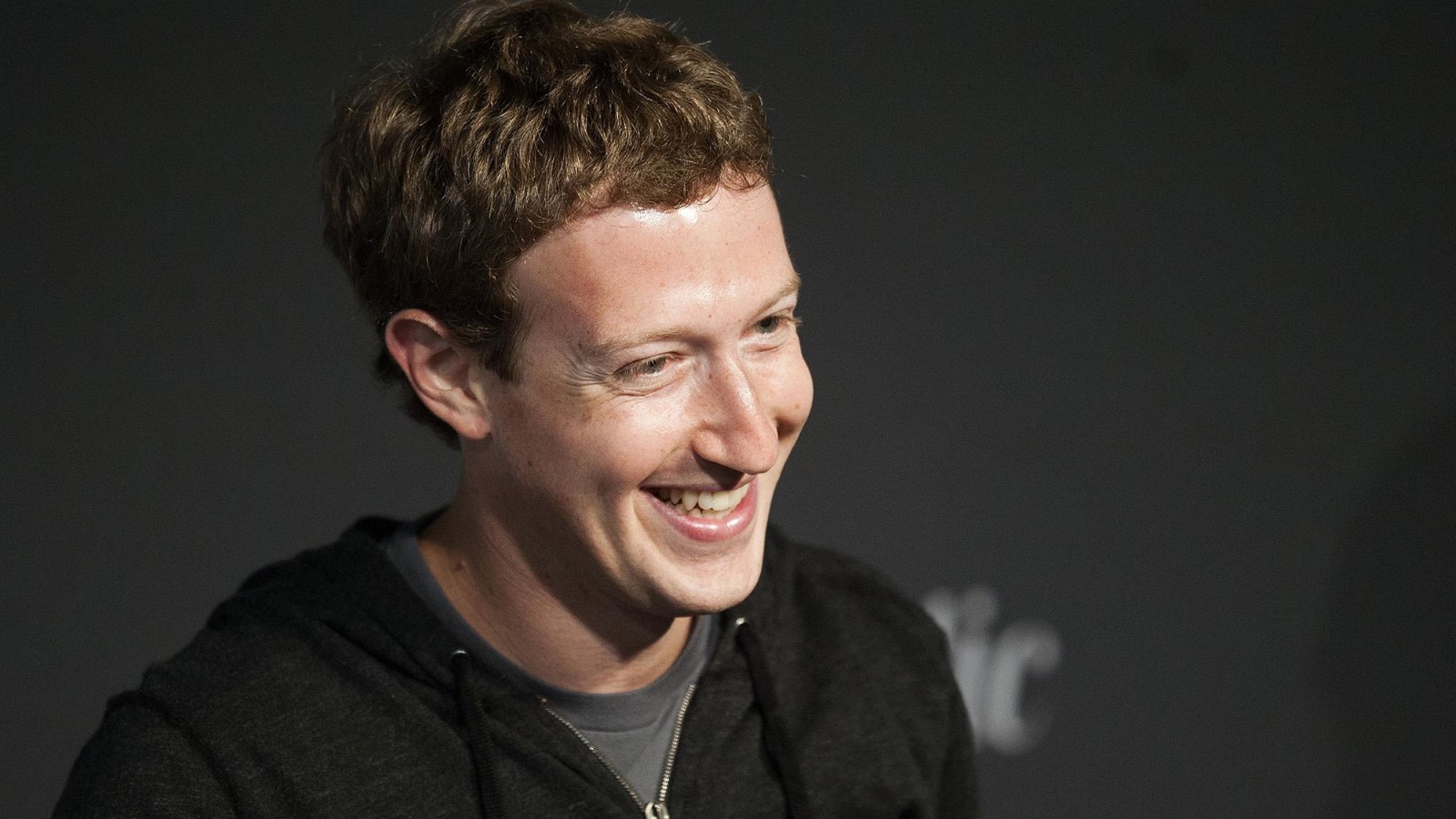 NEWS
NEWS
 NEWS
NEWS
 NEWS
NEWS
Social media has often been criticized for allowing users to isolate themselves from different opinions by letting them pick and choose what content they want to see, but a new study published in the journal Science by some of Facebook Inc’s own data scientists says that the echo chamber effect it is not as bad as some people make it out to be.
“This is the first time we’ve been able to quantify these effects,” said Eytan Bakshy, a Facebook data scientist and the lead researcher in the study. “You would think that if there was an echo chamber, you would not be exposed to any conflicting information, but that’s not the case here.”
Bakshy and his team studied anonymized data from over 10 million U.S. Facebook users to determine how they interacted with socially shared news. Their goal was to determine whether users’ activities caused Facebook’s algorithms to shield them from “cross-cutting content,” meaning content the users might not like or agree with.
They concluded that while users did tend to have more friends who shared their views, they were still exposed to a significant amount of “hard” content from the opposite end of the political spectrum.
“We conclusively establish that on average in the context of Facebook, individual choices more than algorithms limit exposure to attitude-challenging content,” the paper concludes. “Despite the differences in what individuals consume across ideological lines, our work suggests that individuals are exposed to more cross-cutting discourse in social media [than] they would be under the digital reality envisioned by some.
“Rather than people browsing only ideologically aligned news sources or opting out of hard news altogether, our work shows that social media exposes individuals to at least some ideologically cross-cutting viewpoints.”
In other words, the researchers admit that the echo chamber effect is real, but users still see plenty of articles that might encourage them to leave a heated comment.
THANK YOU